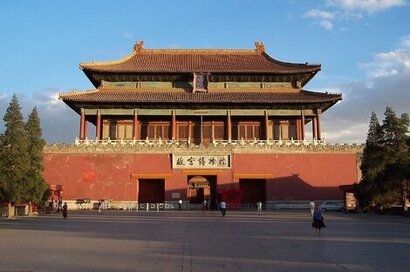
The study, led by lead researcher Professor Charlie Lees, Dean (People and Resources) at the College of Business, Government and Law at Flinders University, argues that along the dimension of ‘policy success’, China’s successful roll-out of renewables and the means by which it has been achieved constitutes an attractive alternative template to more pluralistic Western modes of energy governance.
This policy success allows China to project soft power to a domestic audience as well as externally. The Chinese public is now increasingly aware of urgent environment issues but remains content to allow the Chinese state to respond. System legitimacy will become even more embedded as the benefits of a move away from carbon intensive growth become apparent.
In terms of positive soft power, the intriguing part is China’s potential to attract Western democracies to investment in renewables as well. Whereas partnership interaction is central to OECD countries’ approach to energy and environmental policies, China’s interventionist state privileges solving its own climate crises in the shortest possible time and positioning itself to take a leading role in global debates.
This will impress the many environmental policymakers and activists frustrated by the failure of democratic states to act decisively.
This soft power impacts renewables policy in three ways:
The impressive growth of the sector has increased regime legitimacy and national cohesion.
The centrally steered nature of the governance regime makes it attractive to—and has been adapted by—political elites elsewhere.
It challenges the Western orthodoxy of sustainable development as doubts grow about the latter’s ability to provide the means to address what is becoming a global environmental emergency.
What’s missing in all this is evidence of a wider popular appeal, at least amongst the general public in democratic states. Autocratic states cannot enjoy the same kind of soft power as those states that draw upon the voices and cultural resources of all their people. China is currently respected but not loved by Western publics. However, if China can demonstrate real leadership in addressing our global environmental crisis, in due course this might change.
For additional information:

